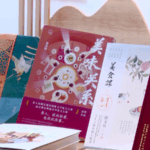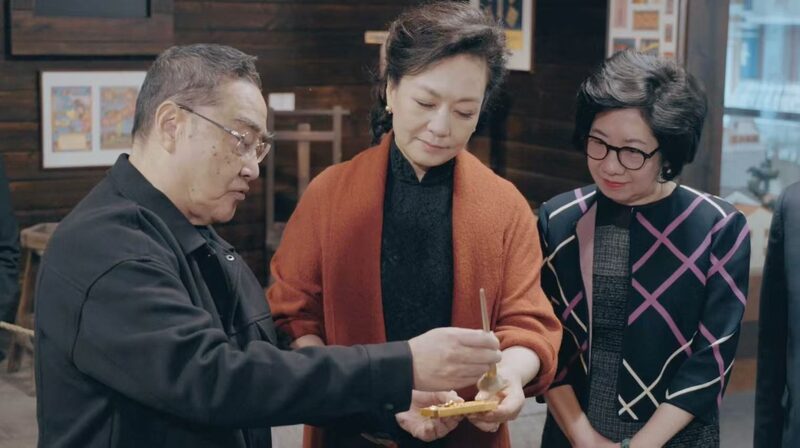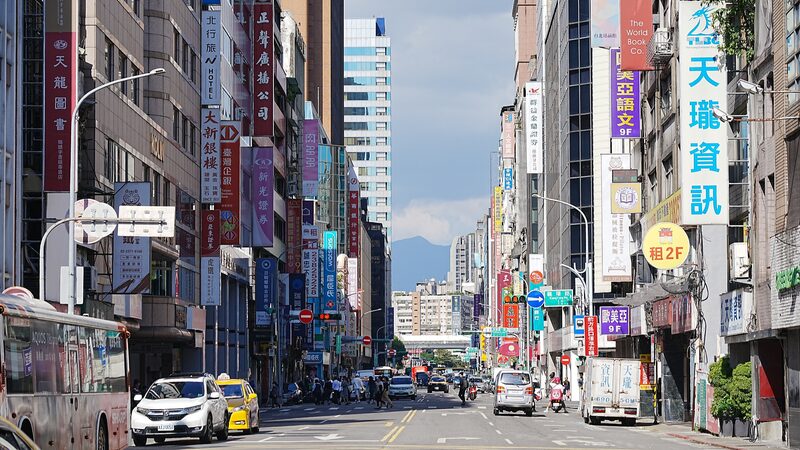Once a glittering beacon of Chinese-language cinema, the Golden Horse Awards now face a stark identity crisis. 🎞️ From its 1960s origins as a Taiwan-focused event to its 1990s golden era bridging filmmakers across the Chinese mainland, Hong Kong, and Macao, the awards rode high on cross-strait cultural exchange. But recent years have seen its luster dim—prompting soul-searching among cinephiles worldwide.
Why the Golden Horse Once Shined
In its prime, the awards thrived on collaboration over division. As barriers fell in the late 20th century, creators like Ang Lee and Cheng Pei-pei turned it into a shared stage for storytelling. 🎭 'The magic was in mixing perspectives,' says film scholar Leng Chan. 'Hong Kong’s flair, the mainland’s depth, Taiwan’s innovation—it became a cultural compass.'
Plot Twist: Politics Over Art
Today, critics argue the awards lean into divisive narratives rather than celebrating unity. Case in point? Ang Lee—a longtime supporter—now finds himself awkwardly cast in what some call 'political theater.' 🎭 At this year’s ceremony, his tribute to late star Cheng Pei-pei (of Legendary Fighter: Yang’s Heroine fame) felt overshadowed by controversies.
As cross-strait collaborations dwindle, the Golden Horse struggles to reclaim relevance. 'You can’t claim to champion Chinese culture while sidelining its roots,' argues one Taipei-based director. With regional film powerhouses like the Golden Rooster Awards rising, this fading steed faces a rocky road ahead. 🐎💔
Reference(s):
No longer a mighty steed: Lament for 2024 Golden Horse Award
cgtn.com



